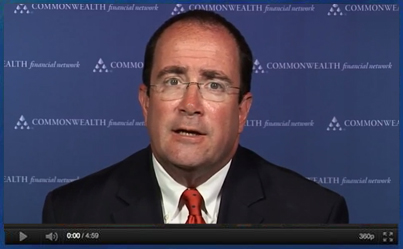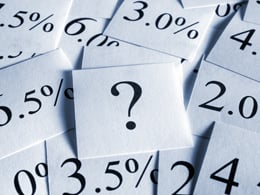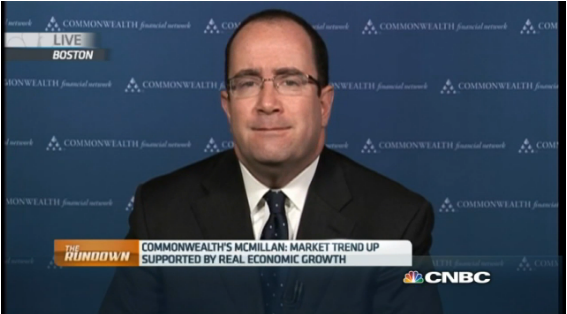The headline this morning, of course, is yesterday’s stock market decline—a loss of almost 2 percent for the S&P 500 on the heels of a weak December. There’s been a great deal of commentary pointing out that the market dropped both the last day of December and the first day of January, which means . . . what?
Not much, I would argue.














